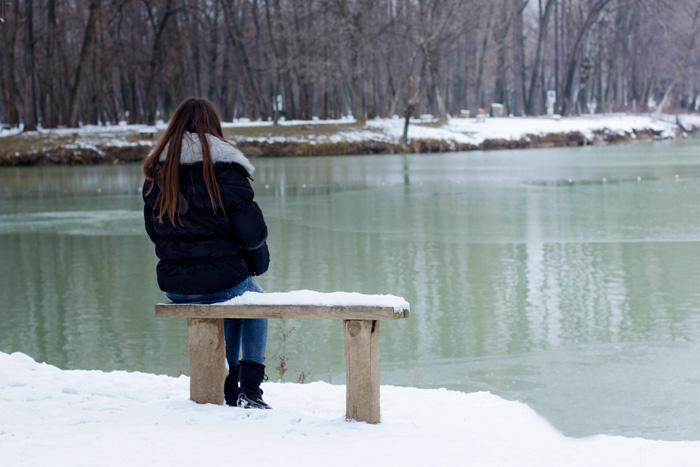The holidays are over and there’s a calendar full of cold, gray days ahead. Some of us experience the “winter blues” and others experience a more serious kind of depression like seasonal affective disorder (SAD). It can bring lethargy, mood swings and curtail normal functioning.
Research suggests that SAD may affect 11 million people in the U.S. each year and that an additional 25 million suffer from the milder winter blues.
During an interview on Fox CT’s morning show, clinical psychologist Karen Steinberg-Gallucci with the UConn Health Center said experts are not sure what causes SAD, but it may have something to do with the lack of sunlight experienced during the winter months. The lack of light may upset your sleep-wake cycle and other circadian rhythms. And it may cause problems with a brain chemical called serotonin that affects mood.
Anyone can get SAD, but it is more common in:
- People who live in areas where winter days are very short or there are big changes in the amount of daylight in different seasons.
- Women – four times as many women suffer from SAD as men.
- People between the ages of 15 and 55. The risk of getting SAD for the first time goes down as you age.
- People who have a close relative with SAD.
What are the symptoms?
- Feel sad, grumpy, moody, or anxious.
- Lose interest in your usual activities.
- Eat more and crave carbohydrates, such as bread and pasta.
- Gain weight.
- Sleep more and feel drowsy during the daytime.
Symptoms come and go at about the same time each year. For most people with SAD, symptoms start in September or October and end in April or May.
How is it treated?
Doctors often prescribe light therapy. It works well for most people but you need to use it every day until the season changes or your depression could come back.
Other treatments that may help include:
Antidepressants. These medicines can improve the balance of brain chemicals that affect mood.
Counseling. Some types of counseling, such as cognitive-behavioral therapy, can help you learn more about SAD and how to manage your symptoms.
You may feel better if you get regular exercise. Being active during the daytime, especially first thing in the morning, may help you have more energy and feel less depressed.
Follow the UConn Health Center on Facebook, Twitter and YouTube.



